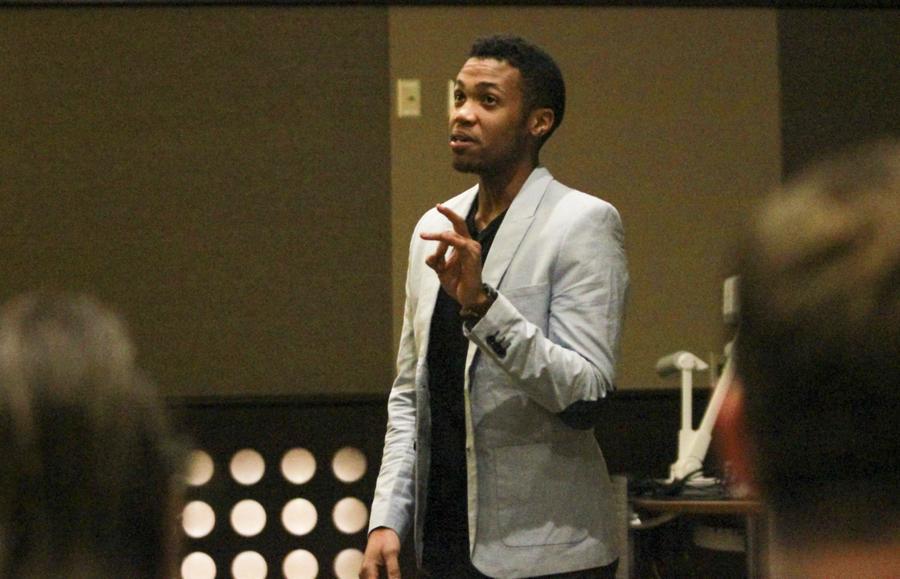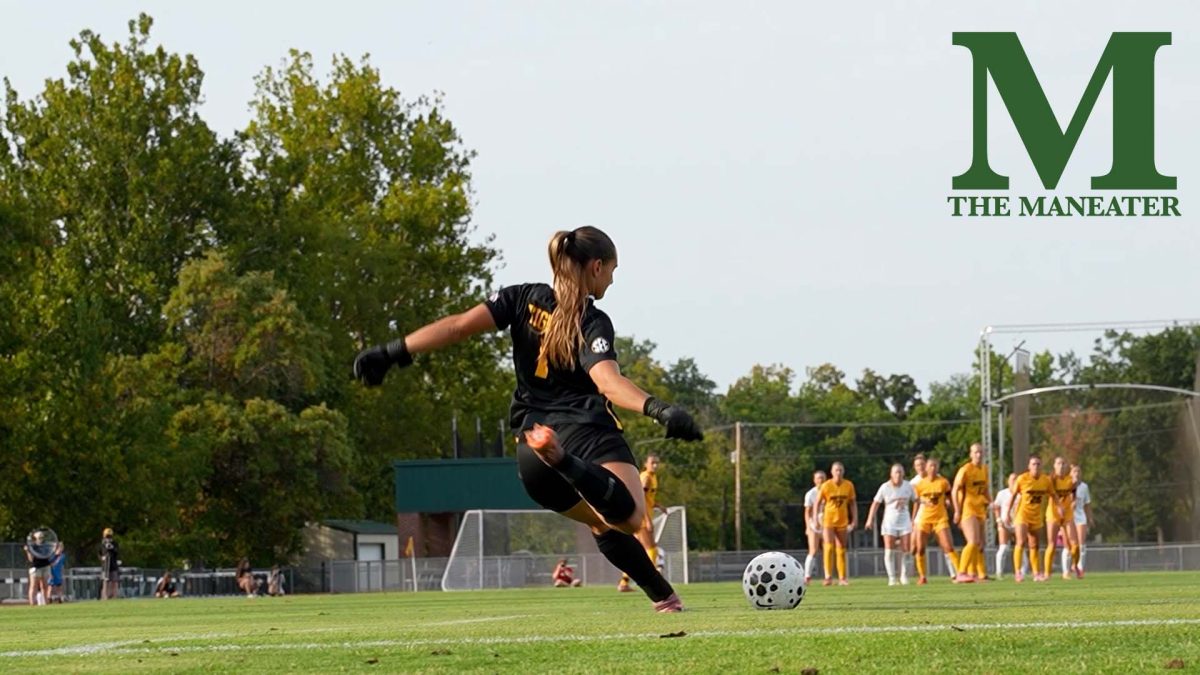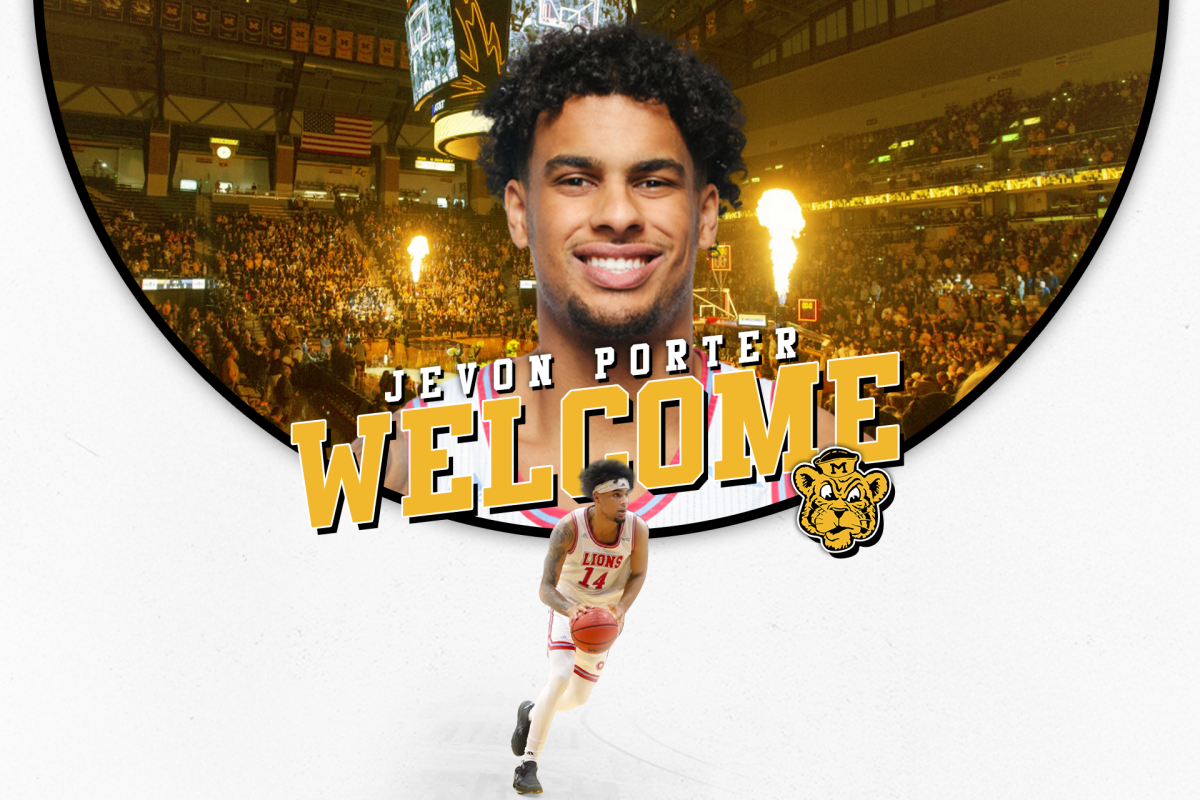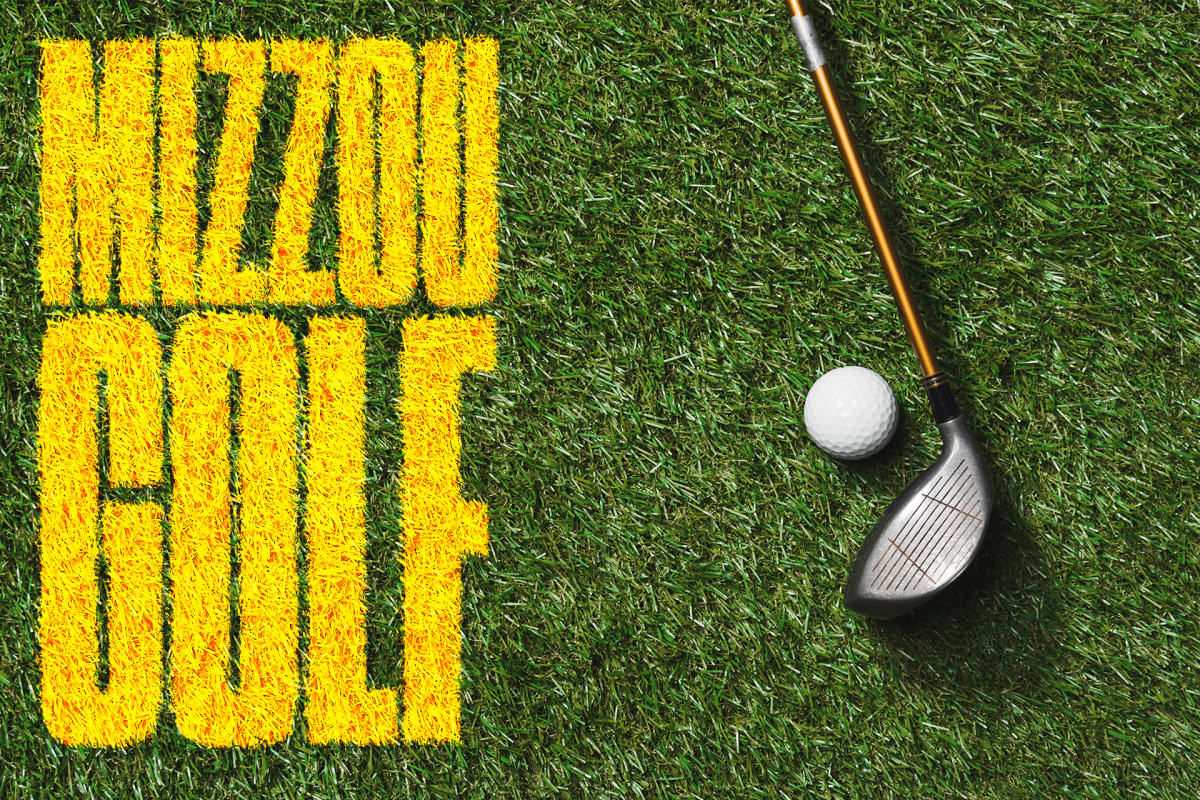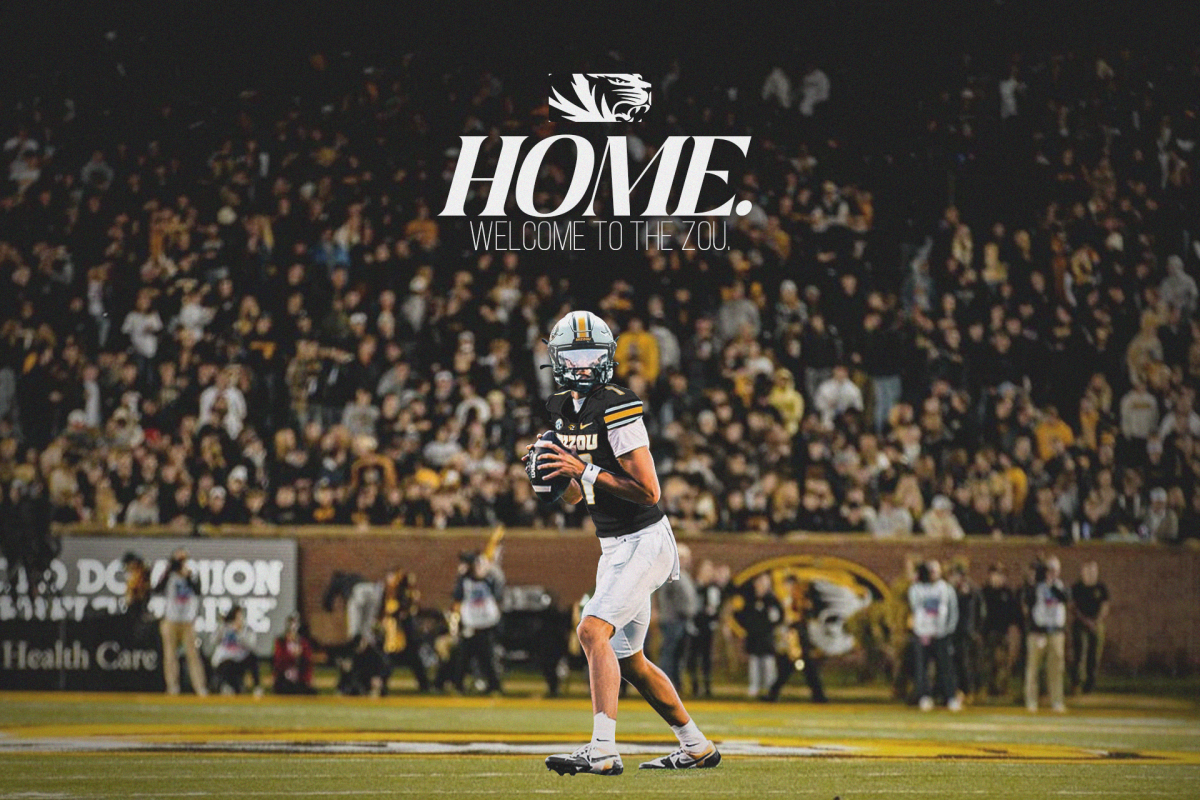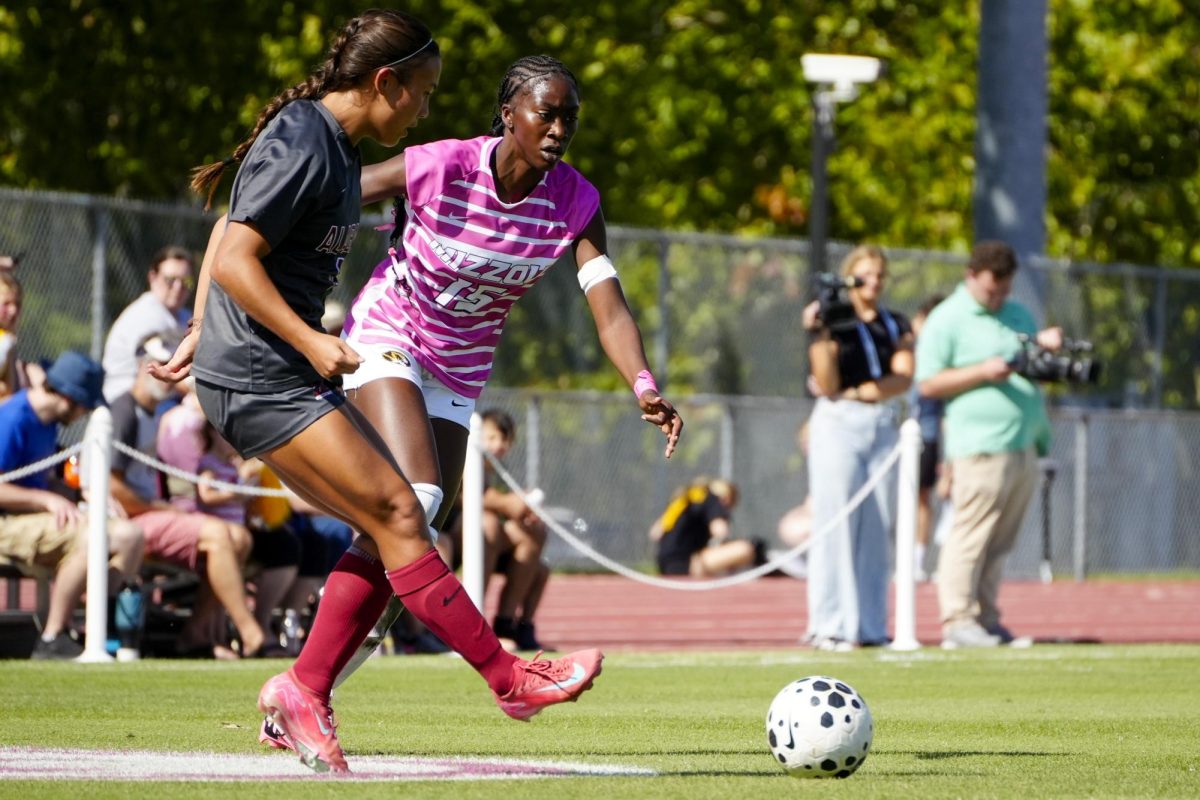It was 2009 and his sophomore year at George Washington University when Kye Allums knew he had to either stop playing basketball or tell his female teammates he was transgender.
“I couldn’t continue playing on a team where my teammates and my coaches didn’t know how I identified (myself),” said Allums, who played three years as a guard on George Washington’s women’s basketball team. “I couldn’t continue playing hearing them call me ‘she’ or ‘her.’”
Allums said hearing teammates call him female pronouns “didn’t sit well.”
“It’s like Justin Bieber,” Allums said. “I don’t want to hear it.”
Allums, born female and raised in Minnesota, became the first openly transgender athlete in NCAA Division I collegiate sports on Nov. 1, 2010. One year later, concussions ended Allums’ collegiate basketball career.
He has spent the past two and a half years traveling the country sharing his experiences as a transgender athlete, and the transition from a black woman to, now, a black man. He spoke to the MU community Tuesday night as part of Trans Awareness Week.
“I’m just trying to create visibility,” Allums said. “I know what it feels like to feel like you’re the only person who feels the way that you do. There was a time where I thought I was the only gay person in the world. That’s not true at all.”
MU LGBTQ Resource Center Coordinator Struby Struble said she thought Allums’ honesty made him an effective speaker.
“Often, the most powerful stories come from honesty,” she said.
Allums said his visit has been in the works since last spring. It was his first visit to Columbia, where last February, All-American football player Michael Sam came out as gay to the public.
“When Michael Sam came out, I was nothing but proud of him,” Allums said. “It’s not easy to come out publicly, especially on the platform that he is on; going from being here to in the NFL is amazing. Any time I see athletes come out, it’s a great thing.”
Just five days after Sam’s announcement, Westboro Baptist Church came to Columbia picket and denounce Sam, but was met by [thousands of students as “Stand With Sam”](https://www.themaneater.com/stories/2014/2/16/full-cast-characters-turns-out-stand-sam/) supporters lined up in a human wall along South Providence Road.
“To have your whole school, your fans, still rocking with you after you come out as being a gay football player — that just shows where your school climate is,” Allums said.
“I heard nothing but positive things (about MU’s reaction to Sam),” Allums added. “From outside looking in, it seemed like he was in a great place.”
Struble said MU has an enormous amount of acceptance of the LGBT community in some areas, but a long way to go in other areas.
“I think there’s still a lot of lack of awareness in our student body,” Struble said. “We don’t understand what it means to be transgender or how someone can live transgender or that it’s not scary for someone to be transgender. I think there is just a lot of misunderstanding about those identities.”
However, Struble said this is something not specific to MU and events like Allums’ speech helps make this campus safer.
“They help to promote a climate of acceptance and understanding,” Struble said.
Allums said it was the messages from children and other members of the LGBT community that propelled him into speaking publicly about himself.
He said he received an outpouring of support on Facebook after he came out as trans.
“Any time that I get a message from someone saying that I’m inspiring or that I helped them overcome this obstacle, or help them become closer to who they are — that is what fuels me,” he said.
Allums’ next and last stop will be at Bucknell University in Pennsylvania. He plans on taking a break from public speaking after that and said he hopes to attend grad school next fall to get a degree in women’s studies.
When asked for his advice for queer athletes, Allums said to not be shy and explore themselves outside of athletics, something that he did not do. He said that people don’t “have to have everything figured out this second.”
“My only hope is to show people that it’s possible to be who you are,” Allums said, “and to love yourself while you’re doing it.”


